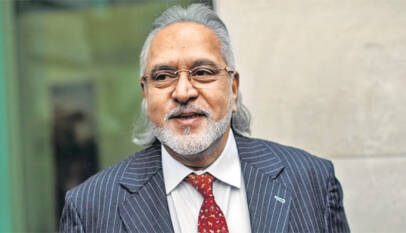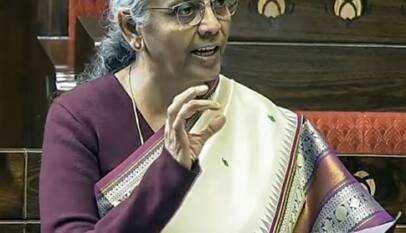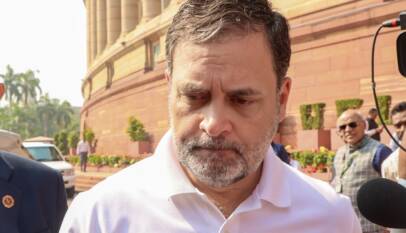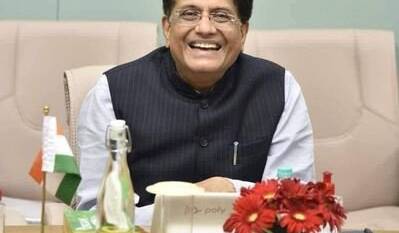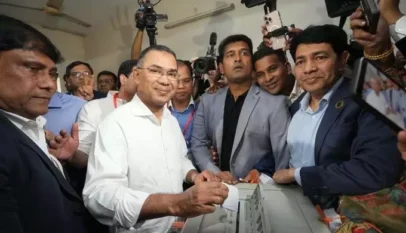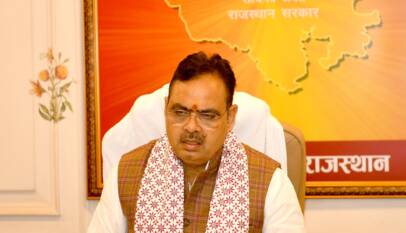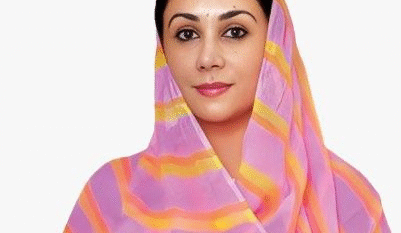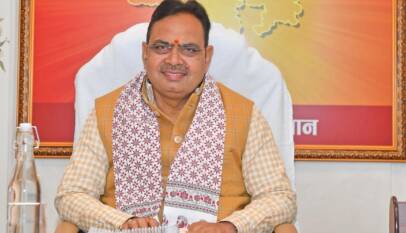The success of the School Chalo Campaign and the Communicable Disease Control Campaign is a collective responsibility – CM Yogi
Statewide campaign against communicable diseases to run from July 1 to July 31 with interdepartmental coordination
Chief Minister issues guidelines for peaceful organization of upcoming festivals*
No sale of meat in open along Kanwar Yatra route: Chief Minister
No transfers of Health Department and Flood Relief and Rescue officials/staff for the next three months: Chief Minister
Uttar Pradesh to join Prime Minister’s call to plant ‘Ek Ped Maa Ke Naam’: Chief Minister
Lucknow : On Sunday Chief Minister Yogi Adityanath reviewed the preparations undertaken by the Police Commissioners, Divisional Commissioners, District Magistrates, and Police Captains in coordination with senior government officials for maintaining strong law and order and ensuring successful organization of the upcoming festivals. The Chief Minister provided necessary guidelines in broader public interest. The significant guidelines given during the meeting include:-
The holy month of Shravan begins on July 22nd. Shravani Shivratri, Nagpanchami, and Rakshabandhan will be celebrated during this period. The traditional Kanwar Yatra will also take place in the month of Shravan. Additionally, the Jagannath Rath Yatra will be held from July 7th to 9th, Muharram will be observed from July 7th to 8th through to July 17th to 18th, and Guru Purnima will be celebrated on July 21st. The rainy season is also commencing. Furthermore, the Communicable Disease Control Campaign and the School Chalo Abhiyan will be organized. The upcoming month is significant and sensitive from various perspectives, including law and order, medical and health, and education. Therefore, everyone must remain alert and cautious.
The districts bordering Uttarakhand, such as Ghaziabad, Meerut, Ayodhya, Bareilly, Prayagraj, Varanasi, Barabanki, and Basti, are crucial from the perspective of the traditional Kanwar Yatra. Local administrations must maintain continuous communication, contact, and coordination within and with neighboring districts and states.
The Kanwar Yatra celebrates faith and enthusiasm, traditionally involving dance, song, and music. Ensure that the volume of DJs, songs, and music adheres to prescribed standards and that the height of the DJ setups does not exceed the specified limit.
Concerning the devotees’ faith, there should be no open sale or purchase of meat along the Kanwar Yatra route. Ensure cleanliness and sanitation throughout the route. Proper street lighting should be in place, and collaboration with the committees setting up Kanwar camps should be sought. Timely arrangements for crowd management, route diversions, police deployment, and CCTV cameras should be made when marking the Yatra routes.
Dilapidated electric poles and dangling wires along the Kanwar Yatra route must be addressed promptly to prevent any inconvenience to the devotees and to avoid accidents.
In addition to the Kanwar Yatra, many devotees visit Shiva temples on Mondays in every village, town, and city during the month of Shravan. Therefore, the surroundings of the Shiva temples should be kept clean. Drains should be unclogged and cleaned promptly. The Panchayati Raj and the Department of Urban Development should take necessary steps to ensure that banned polythene is not used.
The local administration should establish communication and coordination with the committees and peace committees involved on organizing Tazia during the Muharram procession. Due to accidents that occurred in some places last year, it is crucial to learn from them and make all necessary arrangements this year. The height of the Tazia should adhere to tradition. Unnecessarily oversized Tazia, which can cause accidents, should not be included in the procession.
The administration should provide necessary facilities to the general public during festivals. It should also respect religious traditions and faith, ensuring that no actions are taken against established customs.
Arms and ammunition should not be displayed in religious processions. Incidents that could hurt the sentiments of people from other religions should be avoided. Tajias should be placed only in non-disputed areas. If a new dispute arises, resolve it before making any decisions.
Considering local needs, all necessary efforts should be made to ensure that every festival is celebrated in peace and harmony. Identify locations for setting up Kanwar camps in advance to avoid traffic disruptions.
Monitor mischievous elements who may attempt to provoke people from other communities. Remain vigilant to ensure security is not breached. Verify those setting up Kanwar camps and deal with unruly elements with utmost strictness. Use drones for monitoring as well.
With the onset of the rainy season, emergency health services should be on high alert. Ensure immediate health services are available for Kanwar pilgrims in case of emergency. Make all necessary arrangements in advance for the convenience of devotees attending the Shravan Mela in Ayodhya.
Every year in April, July, and October, a special campaign is conducted with inter-departmental coordination to control communicable diseases effectively. This year, the new phase starts on July 1st. Making the campaign effective is a collective responsibility. Alongside government efforts, public participation is crucial for the campaign’s success. Based on past experiences, special attention should be given to sensitive areas.
Interdepartmental coordination is crucial for the success of the Communicable Disease Campaign. Solid efforts towards cleanliness and health security should be made through interdepartmental coordination involving the Departments of Medical and Health, Medical Education, Rural Development, urban development, Women and Child Development, Agriculture, and Basic Secondary Education.
This year, under the Communicable Disease Campaign, we must also work towards the ‘Stop Diarrhea’ initiative. Our goal is to eliminate the risk of death from diarrhea in children under five years of age. Frontline workers should carry ORS and chlorine tablets with them. Everyone must work together to make this campaign successful.
The rainy season has begun, making this a sensitive time for diseases. Therefore, the entire health department system must remain in 24×7 alert mode. It should be ensured that no CMO or other physicians within the Health department are transferred during the next three months.
Continuous and coordinated efforts have led to unprecedented improvements in the enrollment of children in Basic Education Council schools. The second phase of the state-wide ‘School Chalo Abhiyan’ starts in July. This campaign is crucial. We must recognize that the children starting school today will become the nation-builders of tomorrow. Schools should be decorated, and when children arrive, they should be welcomed with tilak and sweets.
The environment around the school should be clean. Every public representative, including MPs, MLAs, District/Area Panchayat members, and Gram Pradhans, should participate in the School Chalo Abhiyan. A special campaign should be launched to connect children in slums to schools. The NCERT curriculum has been implemented in classes 1 and 2, and the necessary study materials should be made available as soon as possible.
Recently, Rs 1200 per student was transferred through DBT to provide study materials, uniforms, shoes, sweaters, etc., to more than 8.8 million children in council schools simultaneously. Ensure that students wear long-sleeved shirts as part of their school uniforms, as this will help prevent diseases.
The first week of July will focus on raising public awareness to ensure the success of the plantation campaign. Prime Minister Shri Narendra Modi Ji has inspired every citizen to plant ‘Ek Ped Maa Ke Naam’. Every citizen of Uttar Pradesh will join in this initiative and contribute to making this year’s ‘Van Mahotsav’ a resounding success. It’s not just about planting trees; our responsibility is to nurture and protect them. The date for the annual Van Mahotsav in the state will be announced soon, with all departments given specific targets for planting.
Given the potential for floods, all preparations related to relief and rescue should be completed. Flood response centers should be identified, and arrangements made for boats and relief supplies. Officers or employees involved in these tasks should not be transferred for the next three months.
Following the rains, urban areas are experiencing waterlogging. It’s imperative to find a lasting solution to this issue. Strict enforcement of the ban on banned polythene is necessary.
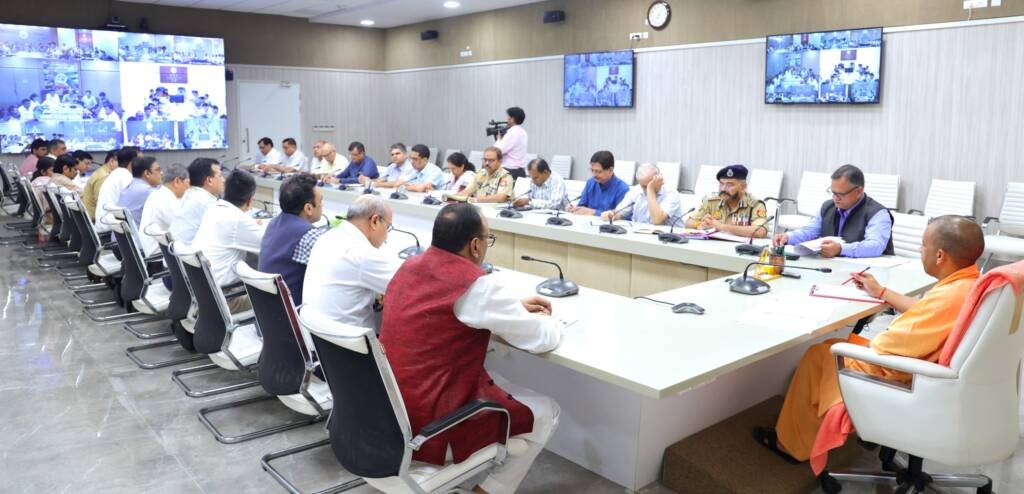
Bangladesh Votes for Change as BNP Surges Ahead in Post-Hasina Election
Dhaka, Feb 2026 :Vote counting began in Bangladesh late Thursday after polling concluded f…


